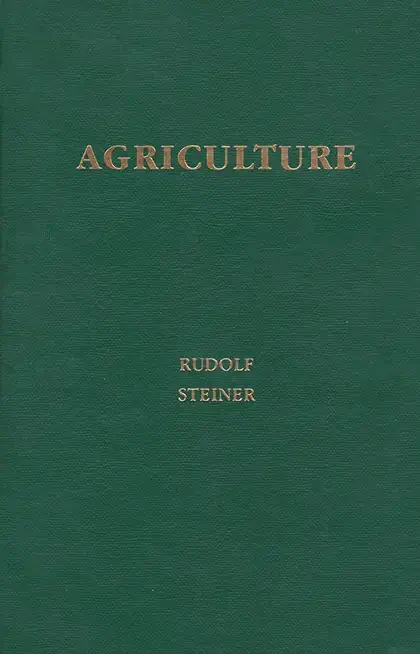
Steiner, Rudolf
product information
description
were separated in the late Middle Ages, giving rise to a science of matter alone, the spiritual beings who are the universe have felt abandoned and unable to complete their work, for this work depends for its success on human collaboration. At the same time, human beings have also felt abandoned, condemned to a speck of dust in an infinitely decaying universe. In these remarkable lectures, Rudolf Steiner reestablishes the human being as a participant in an evolving, dynamic universe of living spiritual beings: a living universe, whole and divine. And he does so in concrete images, capable of being grasped by human consciousness as if from within. How is this possible? Implicit in Rudolf Steiner's view is the fact that, fundamentally, the universe consists of consciousness. Everything else is illusion. Hence to understand the evolution of the cosmos and humanity in any terms other than consciousness is also illusion. Whenever we have to do with mighty cosmic facts, we have to do with states of consciousness. But states of consciousness never exist apart from the beings who embody them. Therefore, the only true realities are beings in different states of consciousness. In this sense, Rudolf Steiner's spiritual science is a science of states of consciousness and the beings who embody them. Indeed, rightly considered, all science-physics, chemistry, botany, zoology, geology, psychology, astronomy, etc.-is a science of beings. And the sensory perception, the physical trace, is but the outer vestment of the activity of beings in different states of consciousness. To describe these beings, Steiner uses the names made familiar by the wisdom tradition of the West. He speaks of the evolutionary states of Saturn, Sun, Moon, Earth, Jupiter, Venus, and Vulcan; and the nine "choirs" of angels (Seraphim, Cherubim, and Thrones; Dominions, Virtues, and Powers; Principalities, Archangels, and Angels); as well as of elemental beings and nature spirits; and the elements of fire, earth, air, and water.
member goods
No member items were found under this heading.
Return Policy
All sales are final
Shipping
No special shipping considerations available.
Shipping fees determined at checkout.







